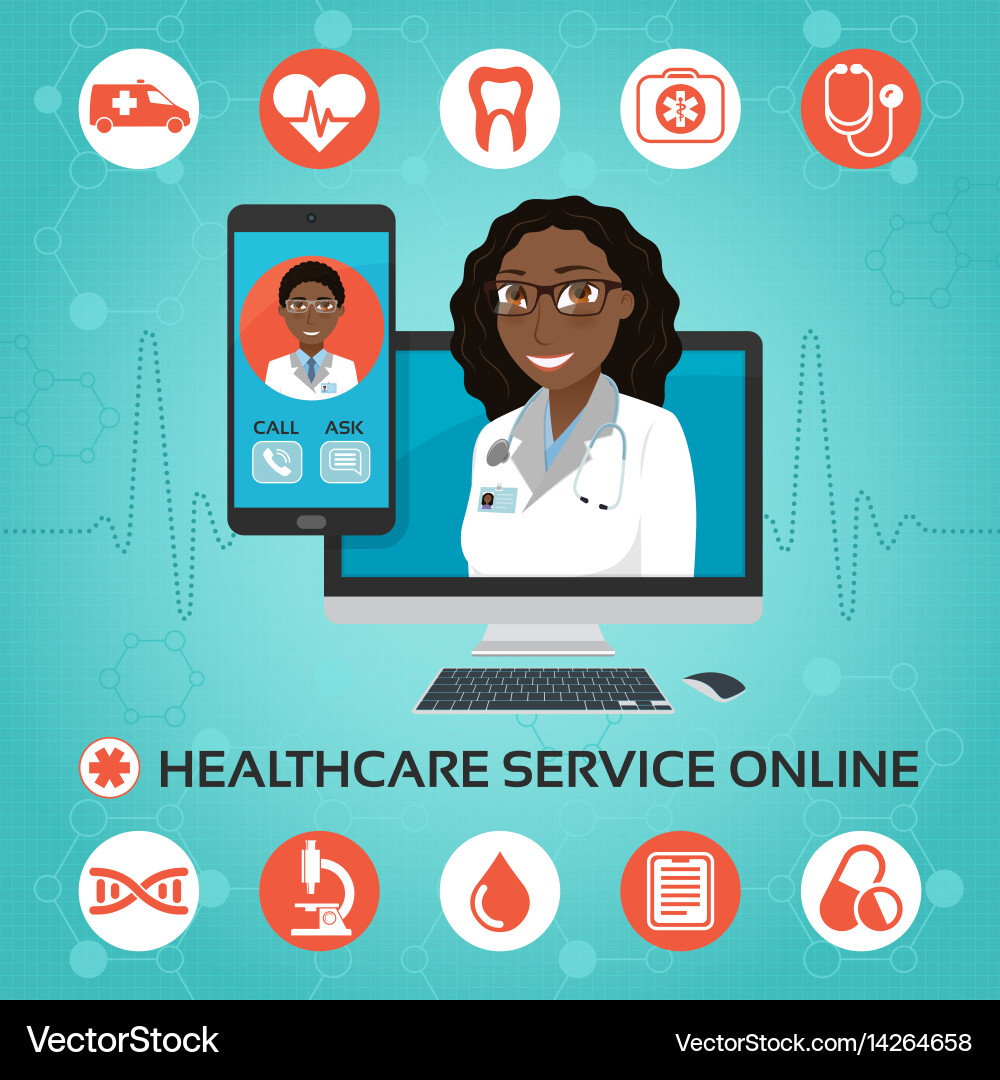How Subscription Based Healthcare is Changing Patient Accessibility to Services
How Subscription Based Healthcare is Changing Patient Accessibility to Services
Blog Article
Navigating the Future of Medicine With Subscription-Based Medical Care Provider
As the health care market advances, subscription-based solutions arise as a critical model assuring to improve client care distribution. With the potential to offer structured, economical services through foreseeable prices and personalized focus, these services stand at the forefront of contemporary medical innovation. As we consider their increase, one must contemplate the implications of incorporating such systems into existing medical care frameworks. What obstacles do they position in regards to data protection and equitable accessibility, and how might they redefine the patient-provider partnership? The responses to these inquiries could basically alter our method to healthcare.
Increase of Registration Medical Care
As healthcare systems around the globe face raising pressures from increasing prices and need for services, the development of subscription-based healthcare models has become a transformative fad. This innovative strategy is interfering with traditional healthcare shipment by using a foreseeable, flat-rate settlement structure for medical services. Rooted in the principles of concierge medicine, subscription-based health care enables service providers to focus on tailored person care while at the same time handling operational effectiveness.
The raising customer demand for openness and predictability in health care expenses has actually driven the shift in the direction of this design. Subscription-based services usually use direct accessibility to healthcare professionals, which can minimize the administrative problems connected with insurance claims and compensations.
This model is obtaining traction amongst diverse medical care suppliers, from medical care doctors to specialized facilities, by lining up economic incentives with continual and preventive treatment. By shifting the focus from quantity to value-based care, membership medical care has the potential to improve the landscape, fostering a much more patient-centered and sustainable technique to health administration.
Advantages for Patients

Additionally, subscription-based services frequently emphasize preventive care, encouraging regular check-ups and health screenings. This proactive approach can lead to early discovery of wellness concerns, possibly enhancing results and minimizing long-lasting healthcare costs for patients. Furthermore, such models typically offer clear rates, enabling clients to better understand their medical care costs and prevent unexpected clinical costs.
The individualized nature of subscription-based health care also boosts individual experience. Clients can obtain customized medical care plans that suit their details requirements, fostering a much more patient-centric method. This customization can cause improved individual fulfillment and adherence to treatment strategies. Registration services often integrate wellness programs, sustaining patients in preserving total health and health. Ultimately, these benefits jointly add to a much more reliable, cost-effective, and patient-friendly health care experience.
Technology's Function in Improvement

Artificial intelligence (AI) plays a vital role in anticipating analytics, aiding in very early medical diagnosis and tailored treatment strategies. AI formulas examine vast datasets to determine patterns that may be neglected by human observation, hence boosting next page scientific decision-making. Moreover, electronic health documents (EHRs) enhance client information monitoring, making sure continuity and coherence of treatment across various solutions and carriers.
Blockchain modern technology improves information safety and privacy, critical for preserving person count on digital platforms. It enables transparent and safe and secure deals of clinical data, making sure that sensitive info remains protected. With the assimilation of device knowing and AI, blockchain can automate intricate health care processes, reducing administrative worries.
Considerations and difficulties
While modern technology moves the capacities of subscription-based healthcare services, it likewise presents a collection of challenges and considerations that need to be resolved to guarantee successful application. One substantial challenge is the equitable access of these services. As membership designs usually rely upon digital platforms, there is a danger of worsening the electronic divide, leaving people without moved here net access or digital proficiency. Making certain these solutions do not overmuch profit only tech-savvy and affluent populations is crucial.
Information personal privacy and protection stand for one more important consideration. Subscription-based services often require the collection and storage space of huge amounts of personal wellness details. Carriers need to abide by strict data defense guidelines to maintain patient trust fund and click for more stop unauthorized access, which can cause considerable moral and lawful consequences.
As healthcare needs progress, keeping an affordable balance in between registration fees and service high quality is essential to prevent individual frustration and attrition. Addressing these challenges is necessary as subscription-based medical care solutions continue to broaden and advance.
Future Effects for Medicine
Subscription-based medical care solutions are positioned to dramatically affect the future landscape of medication by improving exactly how care is accessed and provided. These models provide the potential to democratize healthcare accessibility, giving people with even more timely and personalized treatments. By leveraging modern technology, such as telemedicine and information analytics, membership services can facilitate continual surveillance and tailored health management, hence enhancing results and reducing the worry on typical health care systems.
As these services gain grip, they could promote a shift in the direction of preventative treatment, emphasizing the importance of very early detection and management of persistent conditions. This aggressive technique may inevitably reduce healthcare prices by reducing the need for costly treatments developing from late-stage disease management. Registration models use a scalable solution to attend to disparities in health care accessibility, especially in country or underserved populations.
Nonetheless, the change in the direction of subscription-based models demands attending to governing and ethical considerations, including information privacy and equitable gain access to. As the sector evolves, collective initiatives in between policymakers, technology designers, and doctor will be critical to establishing robust frameworks that secure person interests while fostering development. Eventually, these solutions assure to add significantly to a more effective, patient-centered health care environment.

Conclusion
Subscription-based medical care solutions represent a considerable advancement in the clinical field, providing foreseeable prices and individualized care that enhance availability and focus on safety nets. Technological improvements, such as telemedicine and AI-driven analytics, assist in customized person experiences, improving overall health results. Nevertheless, difficulties such as information personal privacy and equitable gain access to should be resolved to ensure the widespread benefits of these services. As the medical care landscape advances, registration designs are poised to play a critical duty fit the future of medicine.
As the health care sector evolves, subscription-based solutions arise as a critical model assuring to reshape patient treatment shipment.As healthcare systems around the globe face enhancing stress from increasing costs and need for services, the arrival of subscription-based health care models has actually emerged as a transformative fad (subscription based healthcare).With the rise of subscription-based medical care designs improving standard healthcare distribution, clients are starting to experience significant advantages from this innovative technique. As healthcare requires evolve, preserving an affordable equilibrium between membership costs and service top quality is vital to stop patient discontentment and attrition.Subscription-based healthcare services are positioned to significantly influence the future landscape of medication by reshaping exactly how treatment is accessed and supplied
Report this page